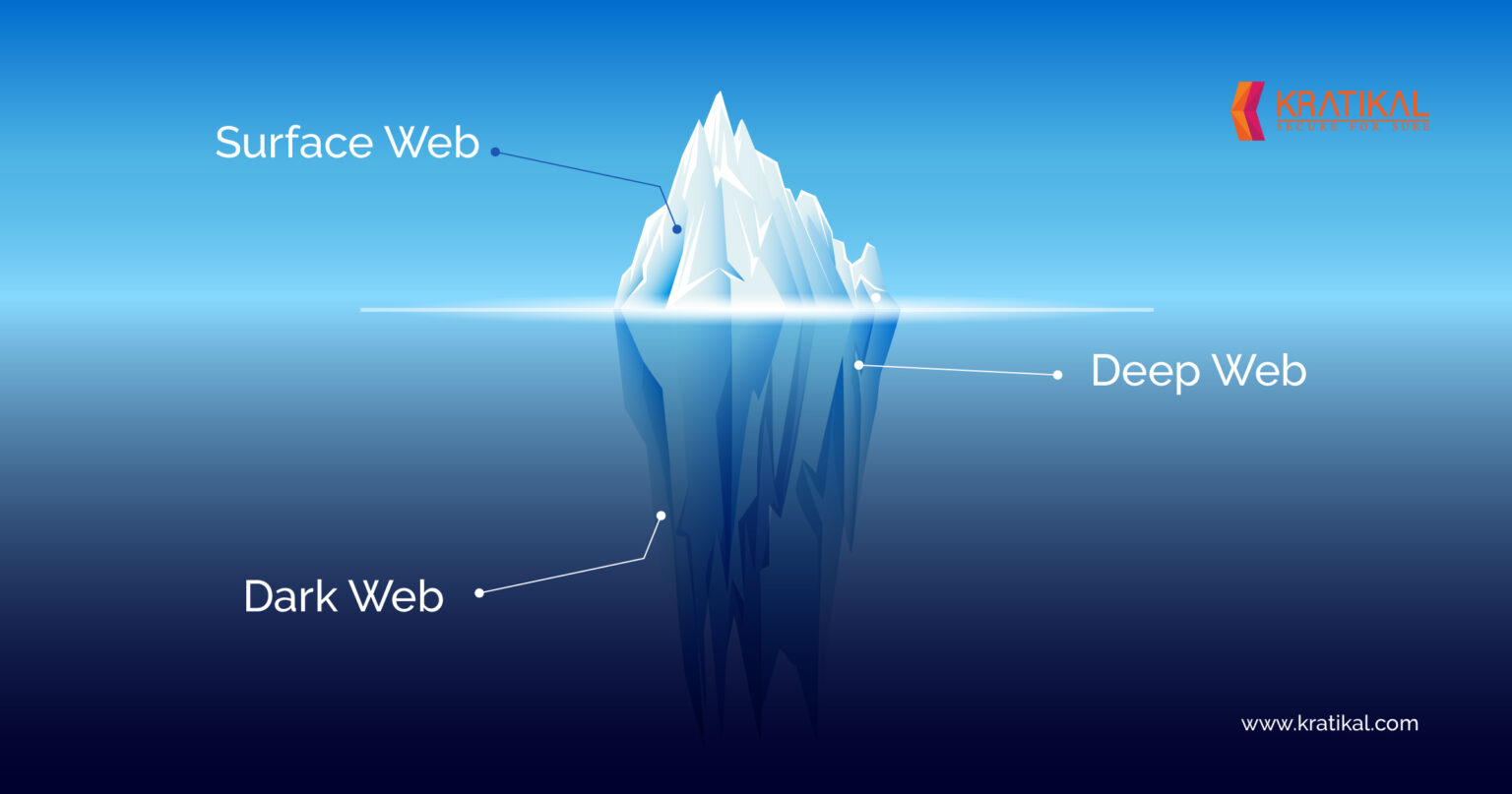
Understanding the Deep Web URL: Exploring Beyond the Surface
The digital landscape is vast and ever-evolving, with the “deep web URL” often being discussed in hushed tones. The deep web conjures up a sense of mystery and intrigue andis crucial in the online world. In this article, we’ll delve into the depths of the deep web, dispelling myths, highlighting its significance, and addressing its positive and negative aspects.
What is the Deep Web URL?
Contrary to popular belief, the deep web is not a sinister underworld filled with nefarious activities. Instead, it encompasses all web content that traditional search engines like Google don’t index. This includes private databases, password-protected websites, and content behind paywalls. While often associated with secrecy, the deep web isn’t inherently illegal or dangerous.
Clearing Up Misconceptions
It’s easy to confuse the deep web with the dark web. The dark web is a small portion of the deep web and is intentionally hidden and inaccessible through standard browsers. The dark web can host illegal activities, but the deep web is vast and diverse, ranging from academic research to subscription-based services.
How the Deep Web URL Works
To better understand the deep web, it’s essential to grasp its functioning. Unlike traditional web pages that can be accessed with a simple search, the deep web’s content isn’t meant for public consumption. This content is often hidden behind forms or encryption, making it difficult for regular search engines to index. This makes a notable distinction between traditional web crawlers and deep web access.
Crawlers vs. Traditional Search Engines
Regular search engines use crawlers to scan and index web pages, making them accessible through search results. However, the deep web’s dynamic content requires specific queries and access permissions. Traditional search engines can’t delve into this territory, highlighting the importance of specialized tools for accessing deep web content.
Accessing the Deep Web URL
The allure of the deep web lies in its privacy and anonymity. Tools like Tor (The Onion Router) allow users to access deep web content while keeping their identity hidden. It’s crucial to note that while the deep web provides privacy, it’s not a guarantee of security. Users must exercise caution to avoid malicious entities.
Pros and Cons
As with any technology, the deep web has its advantages and disadvantages. On the positive side, it offers privacy for legitimate users, such as journalists in repressive regimes. It also provides a platform for sharing research and academic work that may not be publicly available. However, the deep web’s anonymity can be exploited for illegal activities, posing risks to society.
Legal and Ethical Aspects
The deep web isn’t a haven for illegal activities alone. Researchers, journalists, and activists often rely on its anonymity to share sensitive information. However, it’s essential to acknowledge the presence of illegal content and address it to maintain the credibility and utility of the deep web.
Debunking Myths
The deep web has suffered from sensationalism and myths. While it’s true that some illegal activities occur within its folds, the majority of the deep web’s content is innocuous. The deep web serves various essential purposes, from academic research repositories to medical databases.
Realities of the Deep Web
Intriguingly, the deep web hosts a wealth of valuable information. Scientific databases, government records, and even subscription services fall within the scope. By focusing solely on its darker aspects, we overlook the positive contributions it makes to various fields.
Staying Safe Online
When traversing the digital realm, safety is paramount. The deep web’s anonymity can be a double-edged sword, protecting users while exposing them to risks. Employing strong encryption, using secure networks, and exercising caution can help safeguard against potential threats.
Future of the Deep Web
The deep web’s evolution holds significant implications for technology and privacy. The deep web’s role may expand as encryption and privacy concerns continue to grow. Its impact on society and governmental interventions will likely shape its trajectory.
Impact on Society
The deep web’s influence extends beyond the digital realm. It prompts discussions on privacy rights, online surveillance, and the responsibility of governments to regulate online space. Balancing these concerns is crucial for a harmonious coexistence of technology and personal liberties.
Regulatory Measures
Governments worldwide are grappling with the challenges posed by the deep web. Striking a balance between preserving privacy and combating illegal activities is complex. Regulatory frameworks will likely adapt to address these concerns while safeguarding individual rights.
Conclusion
In conclusion, the deep web is a multifaceted realm that transcends its enigmatic reputation. It serves as a platform for various legal and legitimate activities while requiring vigilance against potential dangers. Understanding its nuances allows society to harness its benefits while navigating its potential pitfalls.







